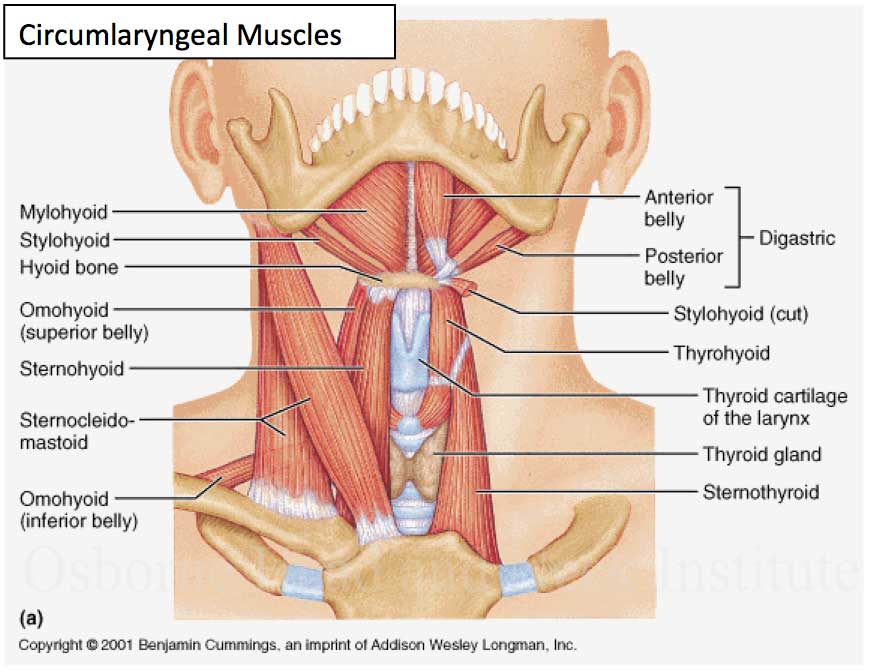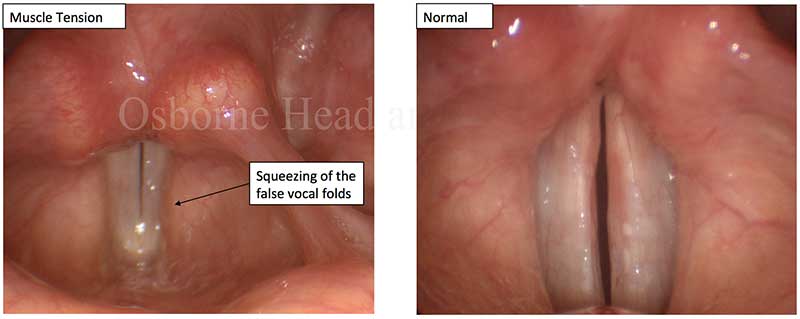- Question: How do the ingredients in e-cigarettes and vaporizers affect respiratory health? - August 16, 2019
- Bad Technique and Vocal Injury - January 9, 2019
- Is Edible Marijuana Dangerous for the Voice? Myths Dispelled - December 18, 2018
- Surprise! You have a hemorrhage - January 31, 2018
- Graves’ Disease: Treatment Overview - September 25, 2017
- Adele and the Stigma of Vocal Injury - July 11, 2017
- Vocal Curbside Consult: How does the thyroid affect the voice? - May 16, 2017
- Vocal Curbside Consult: How do hormones affect the voice? - May 3, 2017
- Vocal Curbside Consult: How do emotion and stress affect the voice? - April 17, 2017
- Vocal Curbside Consult: Vocal Recovery After Illness - April 7, 2017
Every week, Dr. Reena Gupta asks the voice community to pose their questions about voice and vocal health. One question is chosen weekly to be answered in depth. If you would like to receive updates on Vocal Curbside Consult, please follow Dr. Gupta on Facebook: https://www.facebook.com/profile.php?id=100007842967320
Q: How do emotional factors, such as stage fright, impact the mechanics of the voice? Is it possible to develop laryngitis solely from the stress or anxiety of the performance?
A: A performer’s mental state can have a significant impact on their voice and performance. Understanding how stress affects the voice allows the singer to manage its impact on their singing.
Muscle tension
It is well-recognized that many singers manifest their stress in their voices. This is similar to how other professionals may develop knots in their shoulders or ulcers in their stomach with stress. Anxiety in the singer often causes muscle tension around the larynx, in a group of muscles called extrinsic laryngeal muscles. These muscles are not the primary movers of the vocal folds, but they are connected to laryngeal cartilages and can therefore affect the voice. Singers develop extrinsic muscular tension from emotional stressors such as a breakup, work difficulties, or even an argument with a loved one. The thyrohyoid space is located between the thyroid cartilage and hyoid bone and is one particularly sensitive spot that can become narrowed and painful to touch. These points can be found on exam by a laryngologist skilled in the assessment of extrinsic structures.

Artists naturally localize stress in and around their vocal muscles. The result is muscular and ligament tension, misalignment, and pain, which produce vocal fatigue, inefficiency, and loss of range. Managing muscular tension may be as simple as stretches and exercises. Some singers may require manual therapy to relax these muscles, allowing for a “reset” of the natural position of the larynx. This often has a soothing and calming effect that breaks the cycle of anxiety and muscular tension.
Stage Fright
Stage fright, or performance anxiety, is not simply stress about performing. There is a real physiological response, accompanied by the release of neurochemicals that produce symptoms such as:
- Increased heart rate and blood pressure
- Nausea and vomiting
- Dry mouth and tight throat
- Trembling of hands, lips, and voice
While these will not directly cause laryngitis, the compensatory strategies often do. One way the body compensates is to grip the muscles harder. Because the voice feels shaky, the singers will squeeze harder to stabilize. Usually, extrinsic muscles, such as those mentioned above, are recruited to force stability into the voice. Tongue, jaw and neck tension arise in the setting of a trembling voice. The added force from these muscles cause increased force of vocal fold closure, resulting in swelling, hoarseness, and a tendency to be slightly off pitch.

This becomes a vicious cycle because to control the hoarseness and avoid being flat, extra force of closure is again implemented. Vomiting will also certainly cause vocal fold swelling and hoarseness.
Singers may also rely on things that cause laryngitis to calm their nerves. This includes smoking (cigarettes, marijuana, etc), drinking alcohol, or even burning incense. All these things will produce vocal fold swelling that make the voice less reliable.

Singers often attempt to push aside the idea that anxiety and stress affect their voices. There is a belief that voice effects are “just in their head.” It is a relief to most to hear that stressors and anxiety produce a real mechanical effect on their voice and that the stress, tension, and fatigue they feel is real. Managing muscular symptoms is vital to managing the effects of stress on the voice. Healthy strategies for the management of performance anxiety can also prevent muscular tension from developing. This may include biofeedback, medication, exercise, or medication. Done in collaboration with a laryngologist, these measures can be safely implemented to help the singer feel more flexible and comfortable in their voice.



